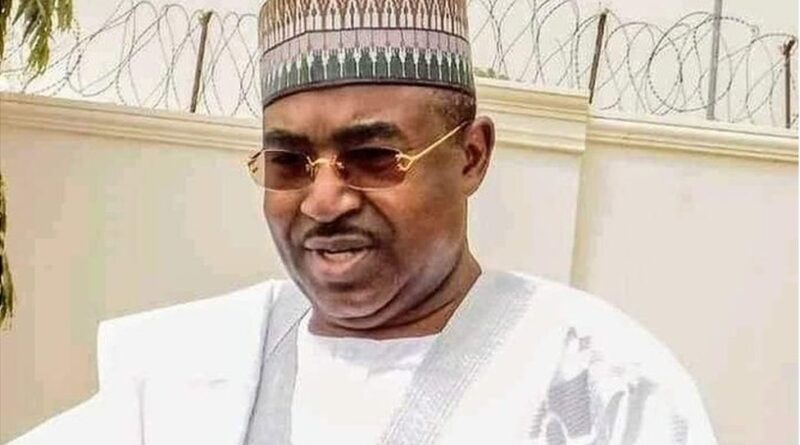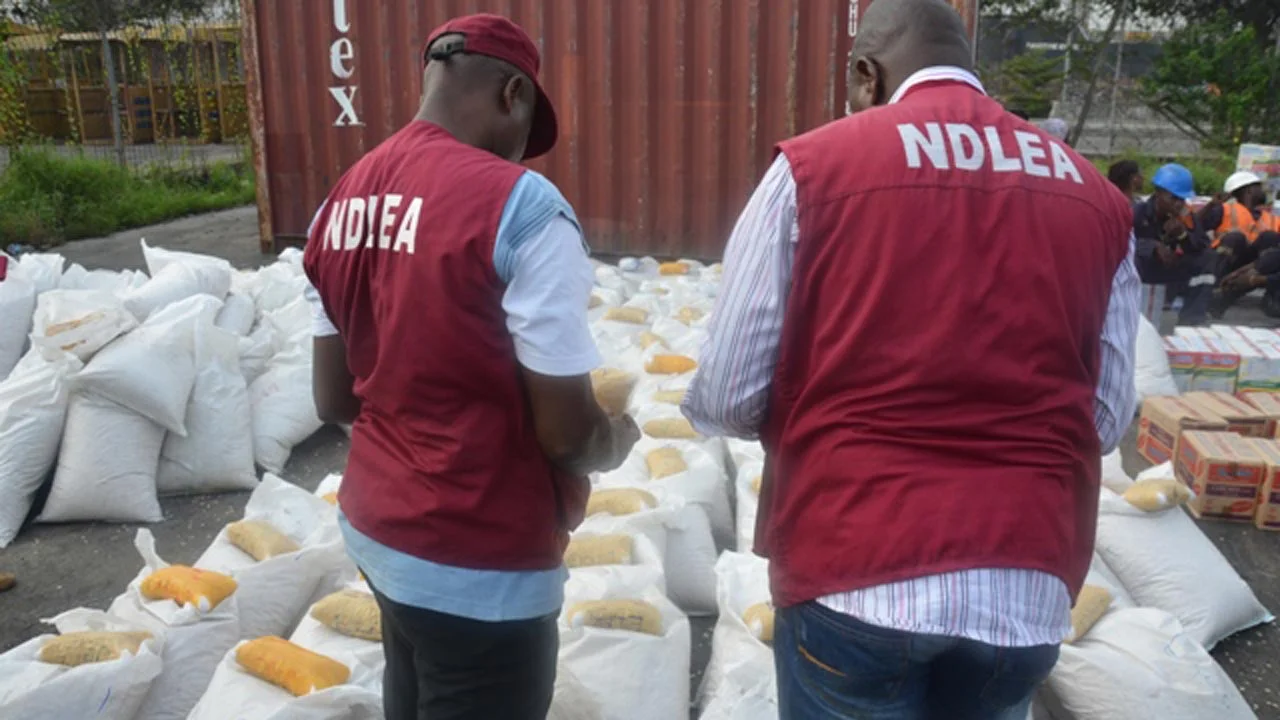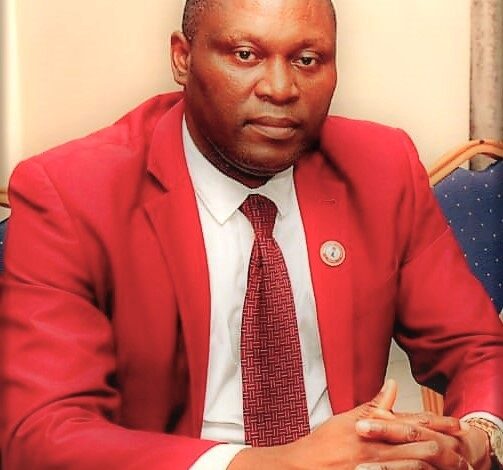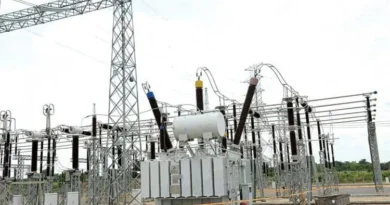Nigeria Partners with India to Stop Codeine Syrup Production Amid New Anti-Drug Measures
In a major move to combat drug abuse and trafficking, the National Drug Law Enforcement Agency (NDLEA) has confirmed that the Federal Government of Nigeria has signed a Memorandum of Understanding (MoU) with the Government of India to block the production of codeine-based syrups destined for importation into Nigeria. The agreement represents a bold step in cutting off one of the major supply routes for an addictive substance that has long plagued Nigerian communities.
The NDLEA’s Apapa Strategic Commander, Buba Wakawa, made the announcement while addressing journalists ahead of the 2025 International Day Against Drug Abuse and Illicit Drug Trafficking, slated for June 26. Speaking at the NDLEA command office in Lagos, Wakawa emphasized that international collaboration is crucial in dismantling the drug trafficking networks that contribute to the growing epidemic of addiction in Nigeria.
“Nigeria has signed an MoU with India to block the manufacturing of codeine-based syrups for any Nigerian importer. These are the kinds of international-level measures we are implementing to stop the influx of such substances into our country,” Wakawa explained.
Themed “The evidence is clear: Invest in prevention, break the cycle,” this year’s observance underscores the importance of community-level awareness and prevention strategies, in line with global and national objectives to end drug dependency. Wakawa highlighted that June 26, as designated by the United Nations, is a global reminder to act against drug abuse, especially in communities where youth are vulnerable to exploitation by drug traffickers.
As part of its domestic strategy, the NDLEA is intensifying intelligence-sharing with sister security agencies and increasing public awareness about the health, security, and societal risks of drug use. He cited the 2018 UN Drugs Survey, which revealed that 14.3 million Nigerians aged 15–64 had used drugs, a staggering figure that paints a sobering picture of the extent of the crisis.
“It is very worrisome,” Wakawa said. “And it is a challenge to all of us. NDLEA cannot do it alone. That’s why we work with stakeholders—locally and globally—to sensitise the public and stem the tide of drug abuse in our communities.”
Wakawa also praised the leadership of the NDLEA Chairman and CEO, Brig. Gen. Buba Mohammed Marwa (Rtd.), whose flagship initiative, War Against Drug Abuse (WADA), has inspired community-driven campaigns across the nation. He described the theme of this year’s commemoration as “timely and fitting,” given the ongoing efforts to prevent drug use before it starts, especially among young Nigerians.
The NDLEA commander concluded by thanking domestic and international partners for their support, acknowledging that winning the fight against drugs requires a unified, cross-border approach. He called on citizens, civil society, and government agencies to invest in education, public awareness, and prevention, which are the only sustainable ways to stop the cycle of addiction and trafficking.
With Nigeria taking firm diplomatic and enforcement steps, including this partnership with India, the government is signaling that it is serious about reducing access to harmful substances like codeine, which have devastated countless lives across the country.
















